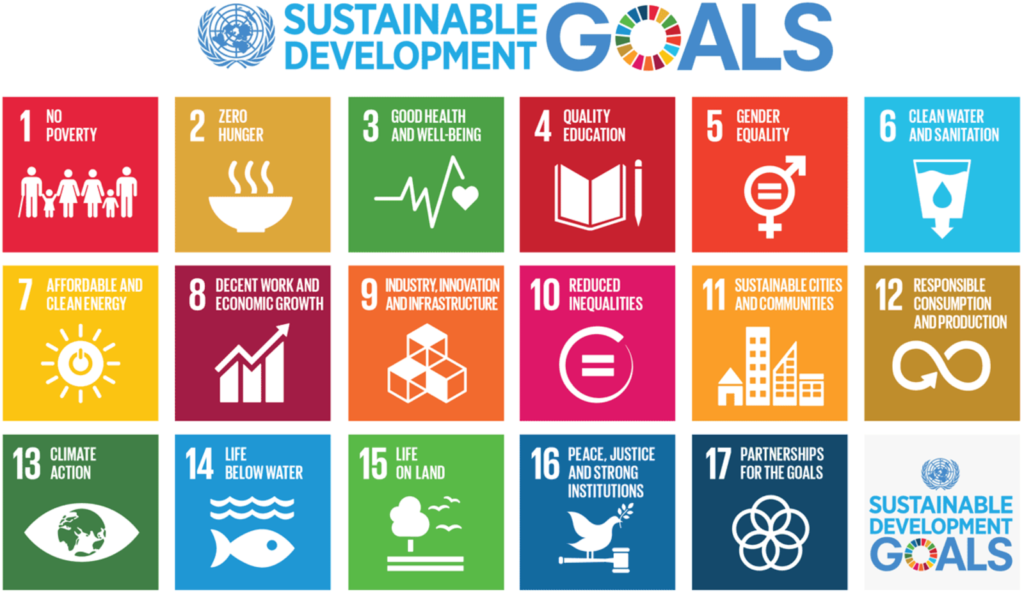
The Sustainable Development Goals explained
The Sustainable Development Goals were defined in 2015 by the United Nations General
Assembly. All 193 countries in the UN General Assembly adopted this resolution. They consist of
17 global goals set to be achieved by 2030. The 17 defined goals include plans to eliminate
poverty, hunger and inequality, improve health, education and working conditions, and strive
for sustainable cities and responsible production. If you want to know everything about the SDGs,
please refer to the dedicated UN page: www.un.org/sustainabledevelopment/sustainabledevelopment-goals.
Sport is also an important enabler of sustainable development. We recognize the growing
contribution of sport to the realization of development and peace in its promotion of tolerance and
respect and the contributions it makes to the empowerment of women and of young people,
individuals and communities as well as to health, education and social inclusion objectives (2030
Agenda for Sustainable Development A/RES/70/1, paragraph 37).
Ultimately, The Indian Equestrian Project aims at informing, inspiring, encouraging and supporting
sport’s contributions to the SDGs by relevant stakeholders including states, entities of the United
Nations system, sport-related organizations, sport federations and associations, foundations,
nongovernmental organizations, athletes, the media, civil society, academia and the private sector.
On this page, we are focussing mainly on one per SDG, from the United Nations as described by
the office on Sport for Development and Peace.
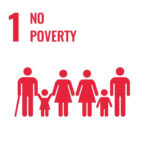
Goal 1. End poverty in all its forms everywhere (In particular targets:1.1, 1.2, 1.a)
Sport can promote personal well-being and encourage social inclusion which
may lead to larger economic participation. It can help educate empower individuals
with social and life skills for a self-reliant and sustainable life.
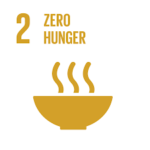
Goal 2. End hunger, achieve food security and improved nutrition, and promote sustainable agriculture (In particular targets: 2.1, 2.3)
The right to adequate food is required for participation in sport.
Sport can promote balanced diets, educate individuals with regard to sustainable
food production, and encourage improved nutrition that discards industrially
processed food items and replaces them by natural and healthy food.
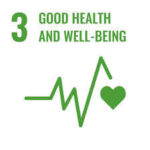
Goal 3. Ensure healthy lives and promote well-being for all at all ages (In particular targets: 3.1-3.5, 3.7, 3.9)
Sport encourages individuals, including the elderly, to adopt active lifestyles. It
has a positive impact on child and healthy adolescent development and well-being.
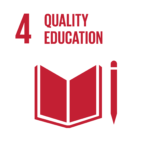
Goal 4. Ensure inclusive and equitable quality education and promote life-long learning opportunities for all (In particular targets: 4.1, 4.3-4.5, 4.7, 4.a-4.c)
Stakeholders in sport and education can cooperate to promote tolerance, diversity
and non-discrimination in school programs.
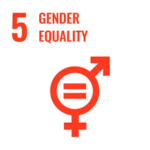
Goal 5. Achieve gender equality and empower all women and girls (In particular targets: 5.1, 5.2, 5.5, 5.c)
Addressing current gender inequalities across participation, performance and
leadership in sport can make a valuable contribution to this Goal. Sport can be used
to address constricting gender norms and to promote equal participation of girls
and women in sport.
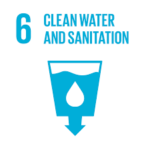
Goal 6. Ensure availability and sustainable management of water and sanitation for all (In particular targets: 6.2, 6.3, 6.4, 6a)
Sport and sport facilities can contribute to targets on water and sanitation by
respecting standards and recommendations
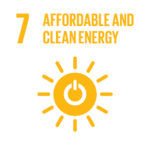
Goal 7. Ensure access to affordable, reliable, sustainable and modern energy for all (In particular targets: 7.2, 7.3, 7a)
Sport facilities and sport events can contribute to targets concerning renewable
energy, energy efficiency and access to clean energy by respecting standards and
recommendations in these regards.
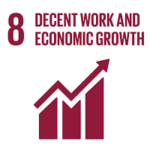
Goal 8. Promote sustained, inclusive and sustainable economic growth, full and productive employment and decent work for all (In particular targets: 8.1, 8.2, 8.3, 8.5-8.7, 8.9)
Sport can generate enhanced overall community involvement, and it can motivate
mobilisation of the wider community and growth of economic activities associated with
sport.
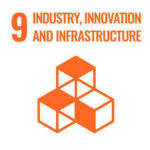
Goal 9. Build resilient infrastructure, promote inclusive and sustainable industriali-zation and foster innovation (In particular targets: 9.1, 9.2, 9.c)
Sport organisations and sport events, if they adopt adequate policies and procedures, can be an opportunity for capacity building, creating jobs, and for economic, social and environmentally sustainable development in general.
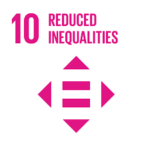
Goal 10. Reduce inequality within and among countries (In particular targets: 10.2, 10.3)
The right to equality and non-discrimination is a cornerstone of international
law. Sport can promote equality and can serve as a platform to promote the value
of diversity. Stakeholders in sport can amplify the message of equality and respect
for diversity.
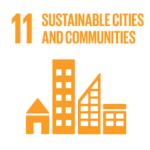
Goal 11. Make cities and human settlements inclusive, safe, resilient and sustainable (In particular targets: 11.3, 11.7, 11.c) Equal opportunities can be achieved in and through sport by raising
Equal opportunities can be achieved in and through sport by raising awareness
towards existent inequalities and establishing sport-related policies and programs
aimed at reducing them.
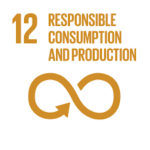
Goal 12. Ensure sustainable consumption and production patterns (In particular targets: 12.2, 12.3, 12.5, 12.6, 12.8, 12.b)
Sport can enhance the sustainable development of cities by building facilities
with the most enhanced resource and energy efficiency, and by assessing
policies and procedures with procurement standards labelling.
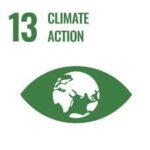
Goal 13. Take urgent action to combat climate change and its impacts (In particular targets: 13.1, 13.3)
With regard to natural resources, their sustainable management and efficient
use can be enhanced in sport contexts. Sport-based activities involving natural
resources, such as outdoor sport, can be platforms to promote the responsible use
of natural resources
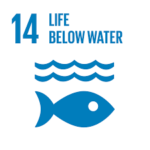
Goal 14. Conserve and sustainably use the oceans, seas and marine resources for sustainable development (In particular targets: 14.2, 14.c)
Sport, including sport events and stakeholders involved, can transmit messages
regarding climate change and encourage policy developments in this context
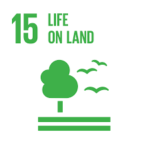
Goal 15. Protect, restore and promote sustainable use of terrestrial ecosystems, sustainably manage forests, combat desertification, and halt and reverse land degradation and halt biodiversity loss (In particular targets: 15.1, 15.4, 15.9)
The environmentally friendly organization of sport events, including the
construction of sport facilities and infrastructure, can serve as a best practice
model and provide sustainability assessment and recommendations on best
practices to protect the ecosystem
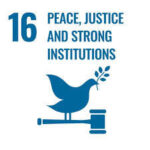
Goal 16. Promote peaceful and inclusive societies for sustainable development, provide access to justice for all and build effective, accountable and inclusive institutions at all levels (In particular targets: 16.1, 16.2, 16.3, 16.5, 16.10)
Sport and sport events can promote national unity and identity in a peaceful
way, respecting others. Role models in sport can promote peace and human
rights and foster dialogue and social cohesion.
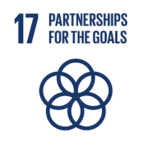
Goal 17. Strengthen the means of implementation and revitalize the global partnership for sustainable development (In particular, targets:17.9, 17.13, 17.16, 17.17,17.19)
Sport and sport events can promote national unity and identity in a peaceful
way, respecting others. Role models in sport can promote peace and human
rights and foster dialogue and social cohesion.